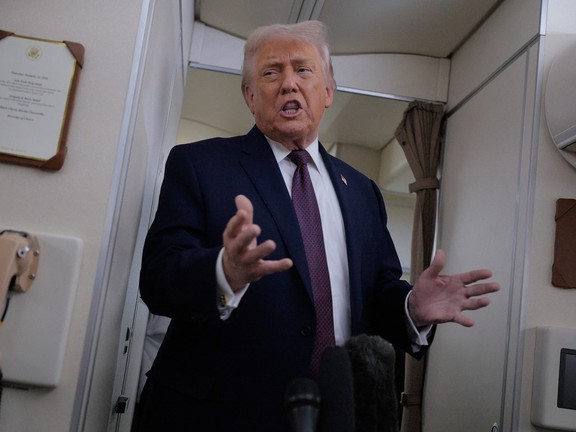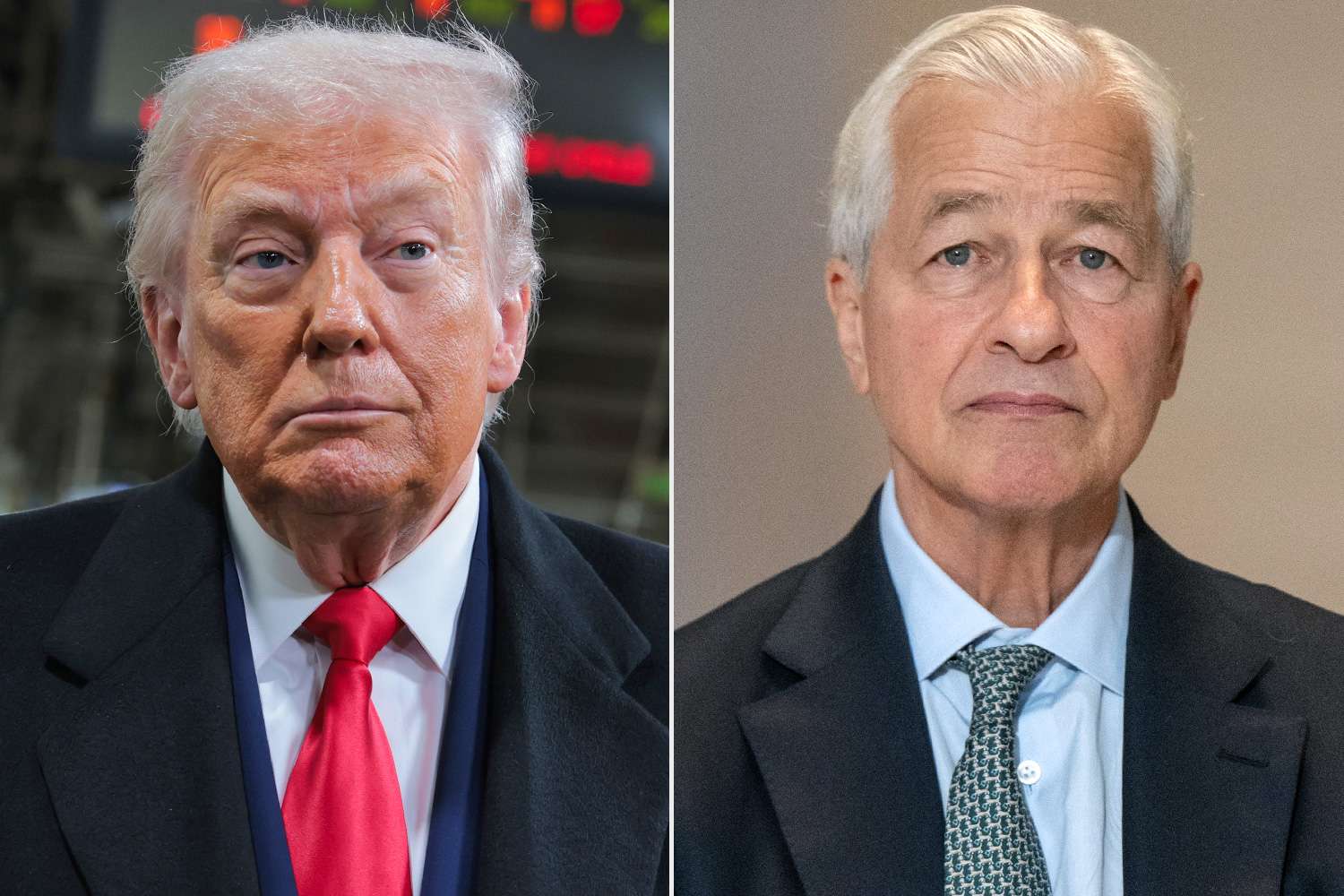Pakistan, Afghanistan Trade Deadly Border Fire as Tensions Escalate Over TTP Attacks

ISLAMABAD, Pakistan – Deadly clashes have erupted along the Pakistan-Afghanistan border, leaving dozens dead in one of the fiercest confrontations between the two sides in recent years. Both nations are trading blame over who initiated the violence.
According to Afghan officials, at least 58 Pakistani soldiers were killed in what they described as a “retaliatory” assault on Saturday night. The Taliban administration claimed it captured 25 Pakistani border posts and destroyed several positions along multiple frontlines.
Pakistan’s military, however, disputed the figures, confirming 23 soldiers killed while claiming its forces neutralized 200 Taliban fighters and affiliated militants. Islamabad described the attacks as “unprovoked firing”, accusing the Taliban of destabilizing the border to shield members of the Tehrik-e-Taliban Pakistan (TTP).
The violence erupted just two days after a series of deadly explosions in Kabul and Paktika province, which the Taliban government blamed on Pakistan. Islamabad has neither confirmed nor denied conducting air strikes targeting TTP leader Noor Wali Mehsud, who was reportedly in the area.
Heavy Fire Across Multiple Border Points
Intense exchanges of gunfire and shelling were reported in Angoor Adda, Bajaur, Kurram, Dir, Chitral, and Bahram Chah, with both sides using heavy weapons. Afghanistan’s Ministry of Defence said it has deployed tanks and reinforcements along the frontier, known as the Durand Line.
Pakistan’s Inter-Services Public Relations (ISPR) said its forces “repelled the assault decisively,” briefly capturing 21 Afghan positions and destroying multiple “terrorist training camps.”
Residents of border towns reported intermittent gunfire through Sunday, while communication lines and trade routes between the two nations remained tense.
A Fractured Relationship
Once allies, Islamabad and the Taliban government have grown increasingly hostile since the Taliban’s return to power in 2021. Pakistan accuses Kabul of harboring the TTP, which has intensified attacks inside Pakistan, killing thousands in recent years.
Analysts say the weekend clashes were triggered by Pakistan’s growing frustration over cross-border terrorism. “If Kabul won’t act against the TTP, Islamabad will,” said security analyst Mehmood Jan Babar, noting that many TTP members share ideological ties with the Afghan Taliban.
The tensions have also been worsened by Pakistan’s deportation of Afghan refugees and air strikes targeting alleged TTP hideouts inside Afghanistan.
Regional and International Reactions
Neighboring countries have urged restraint. Iran, Saudi Arabia, and Qatar each released statements calling for dialogue and de-escalation, warning that continued hostilities could destabilize the region.
Saudi Arabia’s Foreign Ministry urged both nations to “embrace dialogue and wisdom,” while Iran’s Foreign Minister Abbas Araghchi said stability between the two neighbors is “essential for regional peace.”
Will It Escalate Further?
Despite the heavy casualties, experts believe a broader conflict remains unlikely. Former Pakistani diplomat Asif Durrani told reporters that “neither side wants full-scale war,” citing Pakistan’s military superiority and Afghanistan’s limited conventional capability.
However, analysts



